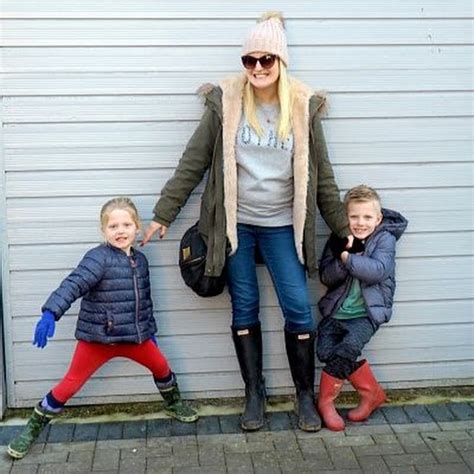A Quote by Michael J. Fox
Teenagers blithely skip off to uncertain futures, while their parents sit weeping curbside in the Volvo, because the adolescent brain isn't yet formed enough to recognize and evaluate risk.
Related Quotes
I think 'Speech & Debate' surprised people because it's a play about teenagers that took the teenagers very seriously. They are very real. People wanted to see if they identified with one of the kids, that loneliness, that yearning for something bigger. That feeling of being stuck, it's very adolescent, but those kinds of feelings linger on.
I bailed out on social media for a while, and in short order I found I was able to sit down and read a book again. For the first time in a couple years I could read more than three pages without my brain wandering off into the ether. I drew a direct causal line between all this sort of ratta-tat-tat staccato stimulation that we get from the Internet and my growing inability to sit down and read anything that was longer than 500 words. But for me it came back because those synapses were already latent in my brain.
We underestimate teenagers at our peril. Even the dismissive thing out on the street--look at what they're wearing. Then we'll hear stories about how a toddler fell on the tracks, and it's often a teenager who comes to the rescue and walks away because he or she doesn't want any credit. I recognize it because I've written books for teenagers--it's basically that they feel things more than adults do. They want things more than you think. They want things with greater depth than you think they do. Teenagers have got a lot of soul that adults have forgotten they have within themselves.



































